Aspartame is Dangerous
(It’s Worse Than You Think and They Have Known It)
What is Aspartame?
Aspartame is an artificial sweetener that is typically utilized in products that state “Lite,” “Low Calorie,” “Zero.” The most common being that of diet soda drinks that people drink in place of regular sodas.

Aspartame for me personally, has always thrown a red flag (as some things do) whenever I would drink it. Unsure as to how exactly to describe it, there are certain things that cause me to recognize something is off about it or doesn’t feel “right” whenever I ingest it. This led me to research into the reality of the origin of aspartame.
History of Aspartame
In October of 1980 aspartame’s approval was revoked as it was stated more studies were needed to determine its safety. However, in March of 1981 An FDA Commissioner’s Panel (consisting of FDA scientists and one lawyer) was established on the issues raised by the PBOI (Public Board of Inquiry).
One month later in April 1981, the Joint FAO/WHO Expert Committee on Food Additives (JECFA) established the acceptable daily intake (ADI) for aspartame.
Then suspiciously enough in July of 1981 the FDA Commissioner overturned the PBOI decision and issued a decision to revoke the 1975 stay which allowed the marketing of aspartame in dry foods.
If you ask me… That is highly suspicious in and of itself. Fast forward to 2024 and now the WHO has stated that aspartame is a carcinogen as if they were unaware of it previously. So to find out who is lying, we did some digging and found that not only is it a carcinogen, that may not be the worst possible outcome involved in taking aspartame.
Recent Studies on Aspartame (2021)

“Safety studies have found the metabolic products of aspartame (aspartic acid, phenylalanine, and methanol) to be more harmful to the body than the original substance itself.” (NIH)
In fact the full findings of the study were the following conclusions:
Aspartame consumption can cause mood disorders, mental stress, and depression. Maternal absorption of aspartame during pregnancy correlates with autism in children. Long-term aspartame use influences the cerebral and cerebellar cortex: it can cause neurodegeneration, modify the functions of neuronal cells, interrupt homeostasis, learning and memory:

As an ingredient in many food products, aspartame, the metabolite of which is phenylalanine, is particularly harmful to people with phenylketonuria. During digestion, aspartame releases 50% of its mass in the form of phenylalanine, which leads to an increase in its level in the blood.
Although its genotoxicity is unknown, aspartame has elevated proliferation and slow apoptosis in test cells and could have carcinogenic properties. An increase in the markers Ki 67, PCNA and bcl-2 was noted. Studies on rats have found 200 mg/kg bodyweight to cause a significant increase in the markers c-myc, Ha-ras and the p53 suppressor gene. Exposure to aspartame from prenatal age, increases the incidence of lymphomas/leukemias in females. Studies have also confirmed an increase in P27 and H-ras expression. The relationship between aspartame and possible pancreatic, gastric, and endometrial cancer has not been proven.
Aspartame is a widely used sweetener both in the food and pharmaceutical industries. Knowledge about advantages and disadvantages of aspartame is crucial to assess the risk of its harmful impact on health. According to current knowledge benefits of aspartame use outweighs the possible side effects, hence this artificial sweetener remains basic excipient in products. Taking to account that aspartame is a widely used artificial sweetener, it seems appropriate to continue research on safety.
Conclusion:
It is very likely that with what we are seeing in the world of “healthcare” that it is likely well known that these types of substances have adverse effects when used for prolonged periods. It is very possible that some of the chronic conditions being developed in higher numbers of people could very well be linked to these as well as a number of other questionable food additives. Why they allow these things I cannot say. It seems very obvious that the use of these substances should be limited if any intake at all. But the growing number of products that contain these types of substances continues to grow. It would seem logical there to be a correlation between the two, despite no “scientific/medical” evidence being present. I think the evidence is the state of the general health of the population.


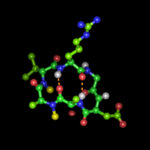



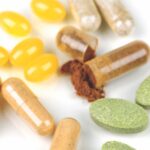







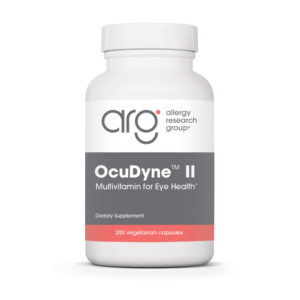

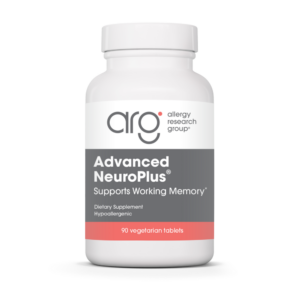
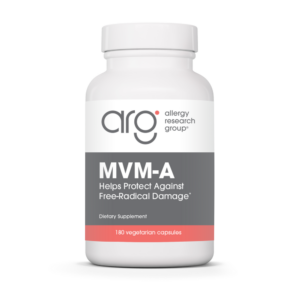
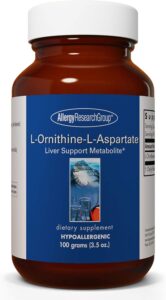
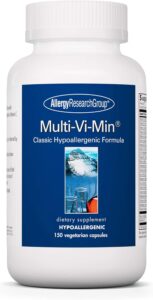
Leave a Reply